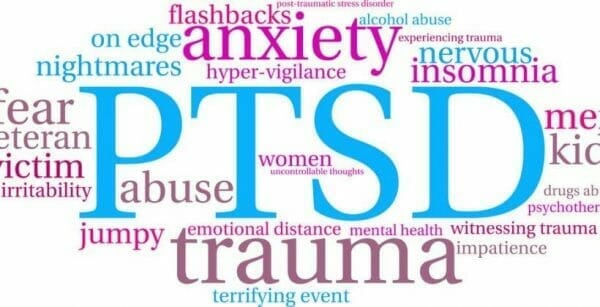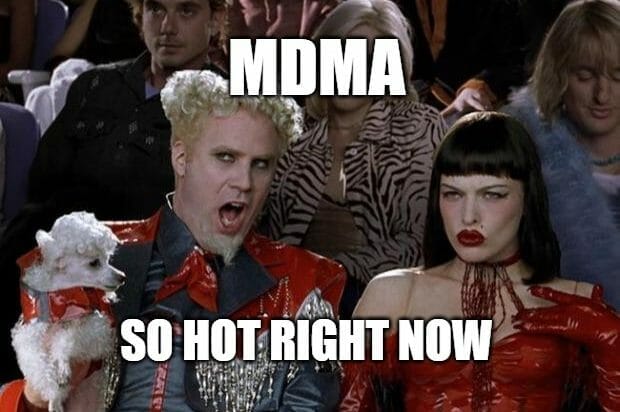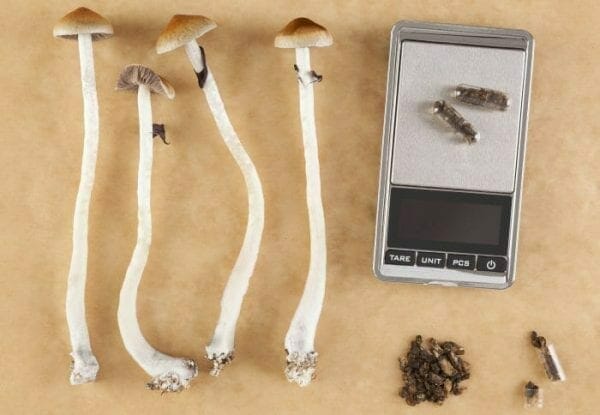War is a part of human nature. It’s the greatest driver of human innovation, and if we’re inclined to be cynical we could state that it’s the key reason our civilization is advanced as it is. If it weren’t for the catalyst of hundreds of years of continuous war, including the prospect of mutually assured destruction, we would all still be staring up at the moon, never having known its secrets.
But as much as the computer age is an unintended consequence of the Cold War, the legacy of hundreds of years of continuous warfare is written into our culture in the forms of post-traumatic stress, alcoholism, intergenerational spousal abuse and other such social calamities.
Imagine what life might have been like for our parents if our grandparents hadn’t come home from Normandy with a busted mind to go with their busted-up bodies. Our understanding of post-traumatic stress was limited back then—we called it shell-shock, combat neurosis—but we lacked the scientific understanding required to be proactive. So we felt the sickness wither down through the generations in broken homes and alcoholism, in violence and post-traumatic stress transferred like a virus from husband to wife through the vector of domestic violence.
Our soldiers today suffer the same as those who came before them, but instead of suffering in silence, misunderstood and scorned, we have a deeper understanding of how the brain works. Now there are companies out there searching for ways to treat their pain before it spreads out and infects everything and everyone around them.
But we’re not there yet. There’s still work to be done.
Earlier this week Mydecine Innovations Group (MYCO.C) acquired Neuropharm, a Canadian-based company developing psychedelic treatments for mental health applications, specifically for the Canadian and United States veteran communities, as well as other front line workers and first responders.
“According to recent published data, as many as 20 veterans on average commit suicide per day in the U.S. alone, and, to me, this is a heart-breaking staggering statistic that unfortunately is overlooked by so many. We owe everything to our veterans, EMS and frontline personnel, yet the best solutions for their long-term mental health are currently non-existent. Aligning ourselves with the amazing team at NeuroPharm affords us the ability to make a positive change. Myself and the rest of the Mydecine team are truly honoured to be a part of this effort to finally make a difference and we are incredibly excited about what we will all accomplish together” said Josh Bartch, CEO of Mydecine.
Neuropharm in turn has entered into a relationship with Leiden University Medical Center in The Netherlands to initiate clinical trials.
LUMC is the hospital associated with Leiden University. The university itself is regarded as one of Europe’s leading international research universities. NeuroPharm’s selection process included LUMC because of its established position in the research and study of psilocybin.
In previous studies, the LUMC have discovered that microdoses of psilocybin can stimulate brain function without harming reasoning abilities. The NVPRP will combined NeuroPharm’s scientific, academic and clinical expertise with LUMC’s psilocybin research and development.
Leading the way on NeuroPharm’s behalf is Professor Eric Vermetten. He’s an internationally recognized expert in PTSD treatment, and an active Colonel in the Dutch military. He serves as professor of Medical-Biological and Psychiatric Aspects of Psychotrauma, LUMC/University of Leiden. He’s also a psychiatrist at the MGGZ in Utrecht (Military Mental Health care) and has done research in conjunction with Stanford, Yale, and Emory Universities.
The project is called “NeuroPharm Veteran PTSD Research Project (NVPRP),” and it’s preparing an IRB-ready protocol to be used for a clinical trial specific to PTSD in veterans. The ARQ National Psychotrauma Centre will play a role in the trial.
“Despite several evidence-based treatment options for Veterans suffering with PTSD, we know that many still do not respond. It is important to continue the search for safe and effective treatments to help those that are suffering after sacrificing so much for nations,” said Dr Vermetten.
The protocols that Vermetten and his team are developing are going to be used in veteran-based clinical trials for PTSD with psilocybin assisted psychotherapy, which themselves will be used as the template for a series of further trials in Canada and the United States.
“Psilocybin assisted psychotherapy has the potential to be a game changer in the treatment of PTSD in Veterans and it seems natural that a Dutch/Canadian collaboration will lead the way,” Dr. Rekesh Jetly added, COO of NeuroPharm.
—Joseph Morton







